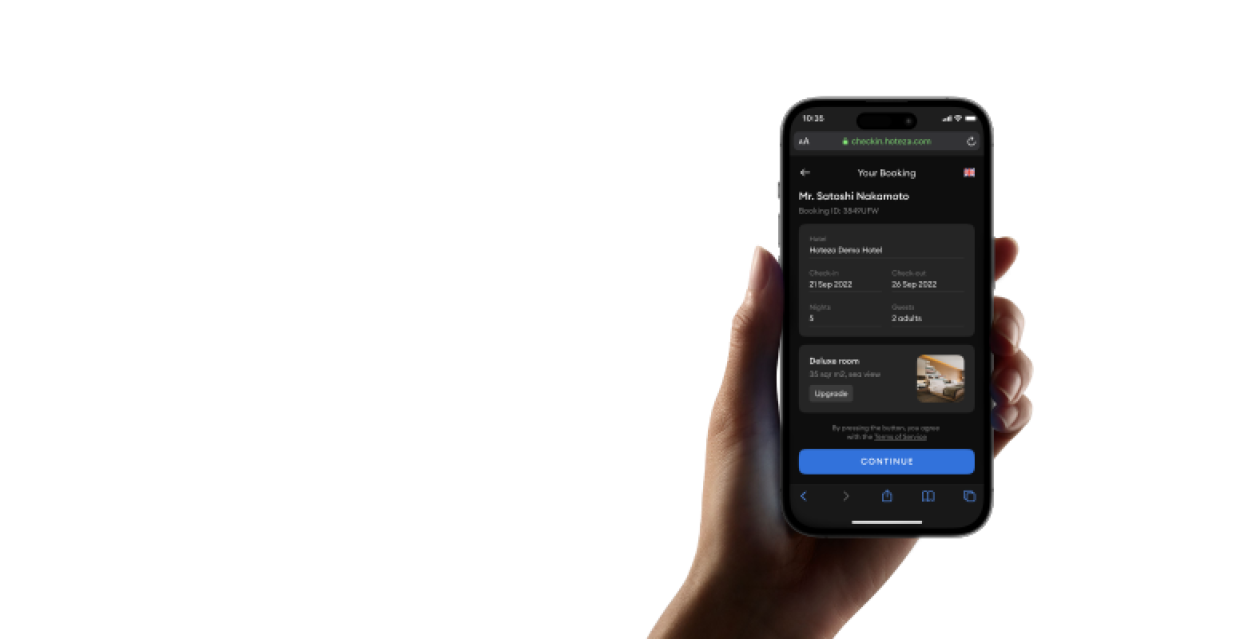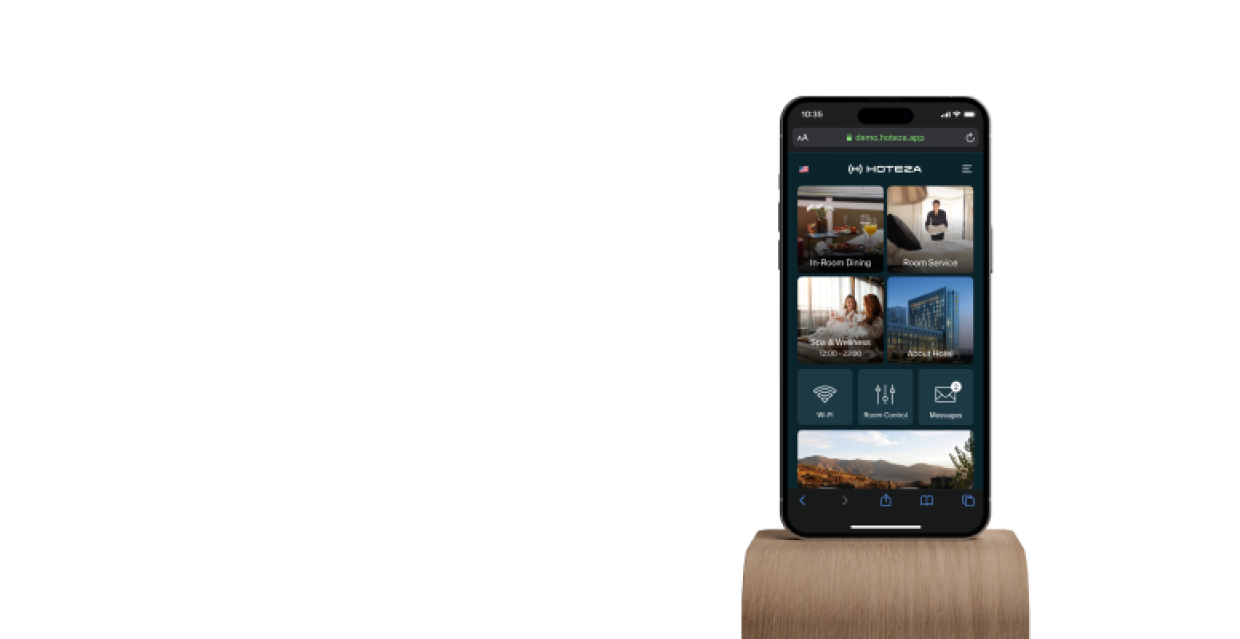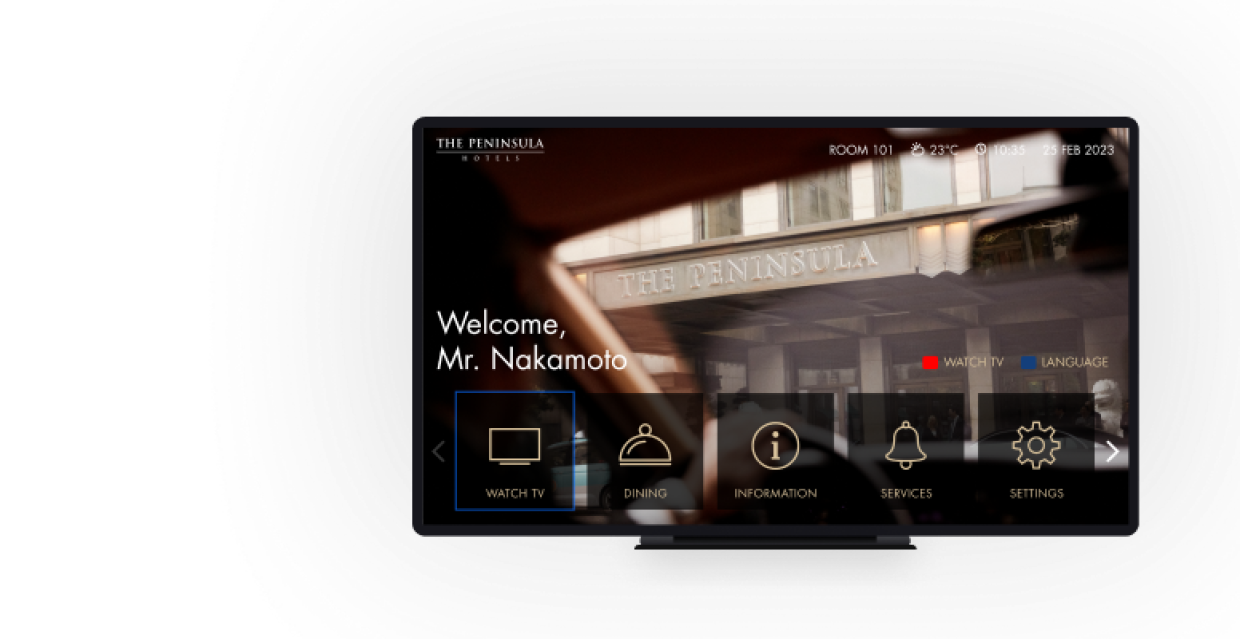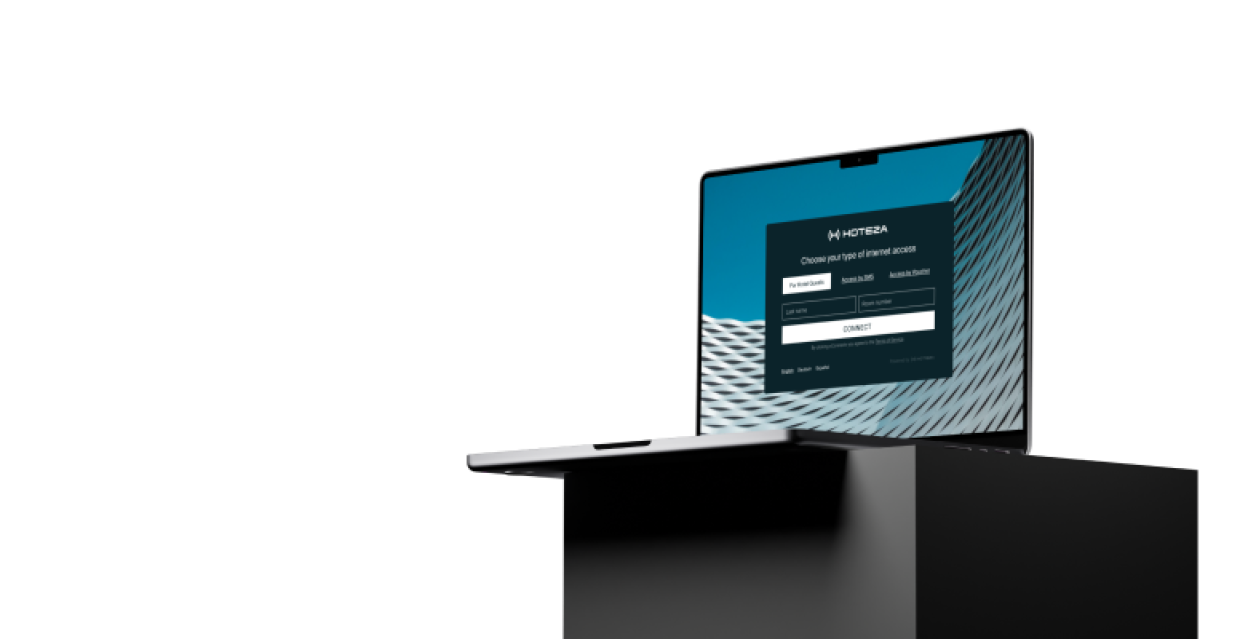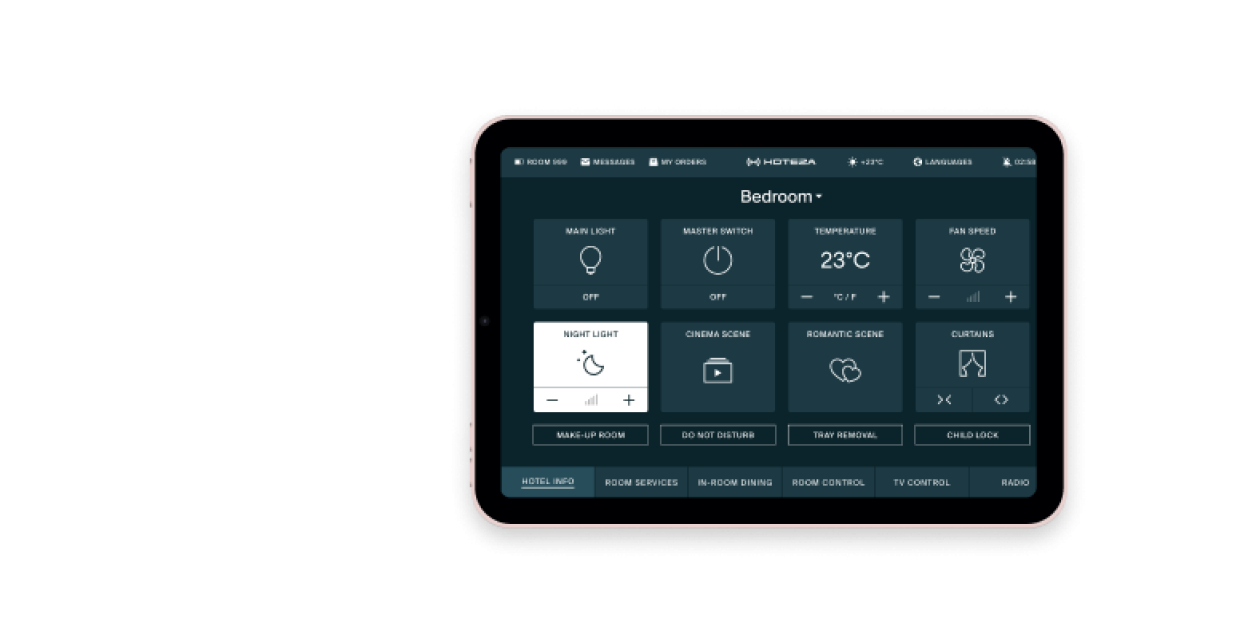11.06.2025
Native vs. Web-Based Apps in Hospitality: Which Is Better for Enhancing Guest Experience and Driving Hotel Revenue?
Why Easy Access Matters: How Web-Based Apps Boost Guest Engagement in Hospitality
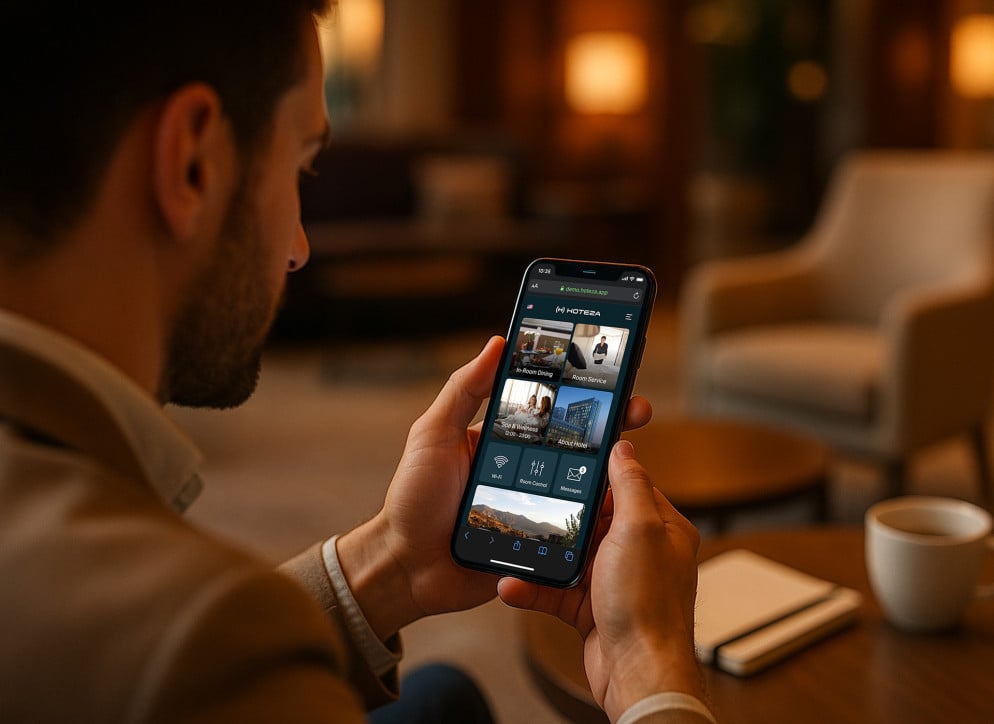
In today’s hyper-connected, mobile-first hospitality landscape, delivering a seamless digital guest experience is not just a competitive advantage; it’s an industry standard. From booking to check-out, hotel guests expect intuitive, frictionless interactions with technology. This raises a critical question for hoteliers: Should your hotel invest in a native mobile app or a web-based solution?
The answer isn’t one-size-fits-all. Let’s explore the pros and cons of native and web-based hotel apps, focusing on guest satisfaction, operational efficiency, and revenue optimization.
Why Web-Based Hotel Apps Are Gaining Popularity — Especially Among Modern Travelers
Seamless Access That Encourages Guest Engagement
A key reason web-based apps are becoming a go-to choice in hospitality is their ease of use. Guests don’t have to download anything, deal with app store searches, or manage permissions. Instead, they receive a direct link — often via email or WhatsApp — and can open it instantly on any device.
This immediate, no-hassle access is especially valuable for busy travelers or first-time guests. When the process is quick and intuitive, guests are far more likely to interact with your digital services, boosting satisfaction and engagement from the first touchpoint.
Truly Cross-Platform: Works on Any Device, Anytime
Web-based hospitality apps are designed to run on any internet-connected device with a browser, whether an iPhone, Android, tablet or older smartphone. There are no operating system limitations, outdated versions, or app crashes.
This universal accessibility reduces IT support issues at the front desk and ensures that all guests, regardless of their device, get the same smooth experience.
Accelerated Mobile Check-In = Happier Guests + Leaner Operations
Solutions like Hoteza Mobile Check-In allow guests to complete the check-in process in advance from their device — much like airline check-in. Hotels can send automated invitations 2–3 days before arrival, prompting guests to upload ID, sign the registration form, and even purchase add-ons like:
- Early Check-In
- Breakfast Packages
- Spa Access and Beauty Services
- Free Parking
- Late Check-Out
This enhances convenience and opens the door for targeted upselling opportunities that increase ancillary revenue.
Higher Conversion Rates for Pre-Arrival Services
By eliminating unnecessary steps, web-based apps dramatically improve conversion rates for pre-arrival services. Guests are more likely to engage with offers when no app download or account creation is required. The result? Higher guest satisfaction and greater profitability per booking.
Inside Hoteza Mobile Check-In: A Web-Based Experience Built for Hotels
Hoteza Mobile Check-In is specifically designed to meet the operational and experiential needs of today’s hotels and resorts. How the process works:
- Step 1: Guests receive a personalized link by email or SMS, typically 2–3 days before their stay.
- Step 2: They follow the link to a mobile-optimized page with your branding and hotel information.
- Step 3: The system guides them through ID upload, digital registration, and optional upsell offers.
- Step 4: On arrival, guests collect their room key — or use a mobile key if available.
There is no waiting, no paperwork, and no front desk bottlenecks. It is just a smooth, modern check-in experience that reflects the standards of global hospitality leaders.
When Native Apps Still Make Sense in Hospitality
While web-based apps are ideal for short-term interactions and streamlined guest onboarding, native mobile apps still offer benefits in specific use cases:
Mobile Key Integration via Bluetooth (BLE)
For hotels that use Bluetooth-enabled mobile keys, a native app is usually required to ensure secure communication and seamless room access.
Loyalty Programs and Managing Multiple Properties
A native app can offer clear advantages for larger hotel groups or brands operating across several locations. These apps are well-suited for managing loyalty programs, tracking guest preferences, and allowing users to view or manage bookings across different properties.
They also make it easier to personalize the guest experience, from tailored offers to timely push notifications that keep your brand top of mind. While developing and maintaining a native app involves more resources, the return often comes in stronger relationships with repeat guests and loyal customers who expect a more connected experience.
The Hybrid Approach: Combine Web and Native for Maximum Flexibility
Visionary hoteliers are increasingly adopting a hybrid model: leveraging web-based apps for lightweight, instant interactions like mobile check-in or guest messaging while maintaining a native app for deeper engagement and loyalty integration.
This approach gives your property the best of both worlds:
- Speed and simplicity for first-time or short-stay guests
- Richer functionality for loyal or repeat travelers
At Hoteza, we support both models and work closely with hospitality partners to implement the digital strategy that best fits their brand, guest profile, and operational goals.
Final Thoughts: Put the Guest Journey First
The choice between native and web-based hotel apps should ultimately be guided by your guest journey and how technology can enhance it at every touchpoint. Whether you’re running a boutique property, a luxury resort, or a multi-brand chain, your tech stack should remove friction, elevate service, and drive revenue.
Want to learn more?
Book a free demo today and see how Hoteza’s mobile solutions can help you digitize your guest experience from pre-arrival to post-stay — without compromising service, security, or style.
